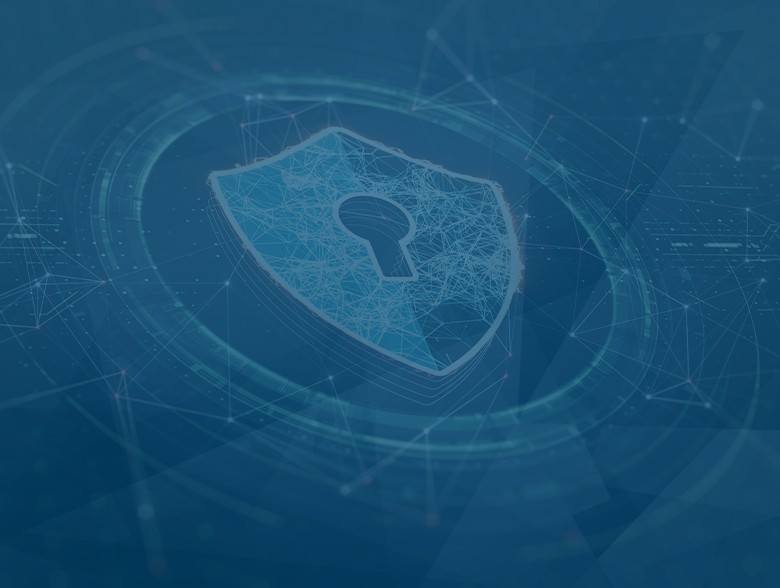Cyberattacks targeting city and municipal governments in the United States have more than doubled in the past year due to a range of factors, according to experts in the field. The growing sophistication of hackers, the rise in cloud computing by governments, as well as the lack of funding, resources, and expertise in cybersecurity among many city and municipal governments, are some of the reasons for the increase in breaches.
City and municipal governments are vulnerable to numerous types of cyberattacks, such as phishing, malware, ransomware, data breaches, denial-of-service (DoS) attacks, and distributed denial-of-service (DDoS) attacks. In many cases, hackers are able to steal sensitive data, disrupt critical services, and cause financial losses for these communities. In the worst-case scenario, hackers can even gain control of critical infrastructure, such as nuclear power plants, with the potential to cause widespread damage and loss of life.
In 2023 alone, there were several high-profile cyberattacks on city and municipal governments in the United States, including the City of Atlanta, which saw a ransomware attack with an estimated cost of recovery of $17 million; the City of New Orleans, which suffered a data breach exposing the personal information of over 100,000 residents; and the City of San Jose, which experienced a ransomware attack with an estimated cost of recovery of $10 million.
Many municipalities and cities in the United States are an attractive target for hackers due to a lack of resources and outdated technology, as well as a lack of training and awareness of the latest cybersecurity threats among employees. It is crucial for these communities to take a more proactive approach to protect themselves from cyberattacks.
To protect themselves, city and municipal governments can implement strong security measures such as using strong passwords, keeping software up to date, and using firewalls and antivirus software. It is also vital to educate employees about cybersecurity risks and have a response plan in place for how to respond to a cyberattack.
The Cybersecurity and Infrastructure Security Agency (CISA) has issued several recommendations to help city and municipal governments protect themselves from cyberattacks, such as investing in robust cybersecurity measures, having a robust backup and recovery plan, educating employees about cybersecurity, and having a response plan in place.
Additional steps that city and municipal governments can take include using a variety of security tools, keeping software up to date, being careful about what is clicked on, backing up data regularly, and having a disaster recovery plan in place. By taking these steps, organizations can improve their ransomware resiliency and reduce the risk of suffering a significant attack.
In conclusion, cyberattacks on city and municipal governments are a significant threat to our communities. It is essential for these communities to take a more proactive approach to protect themselves from these attacks. With the implementation of strong security measures, educating employees in cybersecurity, and having a robust response plan in place, these communities can reduce their vulnerability to cyberattacks and safeguard sensitive data, critical services, and infrastructure.
